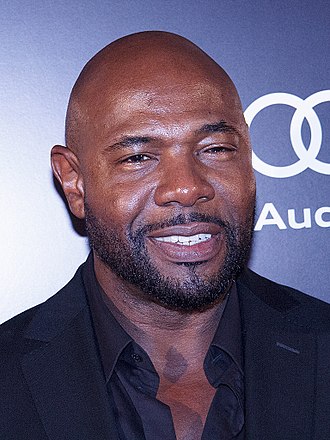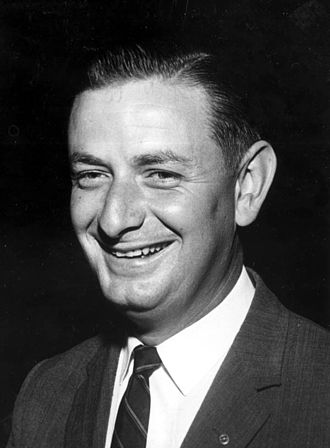Fuqua Last Name Origin, History, and Meaning
Where did the surname Fuqua come from? What does the surname Fuqua mean? Discover the history and meaning of the last name Fuqua and family migration on YourRoots Map.
Surname Fuqua Origin: What does the last name Fuqua mean?
The surname Fuqua is an American surname that may have originated as an Americanization of the French surname Fouquet. It first appeared in records from the United States in the early 17th century and has remained closely associated with the country from the 17th to the 19th centuries. By the 20th century, the volume of records with the Fuqua surname grew significantly in the United States, where it remains prominent today.
YourRoots data confirms the presence of the Fuqua surname in the United States since the early 17th century, showcasing its long-standing connection to the country. The surname's history reflects a strong American heritage, with notable individuals across various fields bearing the name. The Fuqua surname continues to be a significant part of American genealogy and history, representing a diverse and widespread lineage within the country.
Fuqua Last Name History: Where did the last name Fuqua come from?
Origin of Fuqua Surname: Where does the last name Fuqua originate from?
According to YourRoots data, the surname Fuqua first appeared in records from the United States around the early 17th century. Please note that this reflects only YourRoots data for the exact Fuqua spelling and does not include other record sources or surname variations.
History of the Last Name Fuqua: What does the Fuqua surname history look like in the early days?
The Fuqua surname remained closely associated with the United States from the 17th to the 19th centuries.
Global Spread: Where can we find the Fuqua surname today?
By the 20th century, the volume of records with the Fuqua surname grew significantly in the United States. The Fuqua surname remains prominent in the United States.
Explore Fuqua last name heritage and Fuqua surname origin based on YourRoots Map data
 VIEW THE ORIGIN OF SURNAME FUQUA
VIEW THE ORIGIN OF SURNAME FUQUAFamous People With Fuqua Surame?

Antoine Fuqua
Antoine Fuqua (May 30, 1965 - ) is an American film director known for his work in action and thriller genres. He made his film debut with The Replacement Killers in 1998 and gained critical acclaim with Training Day in 2001. Fuqua has directed notable films such as Tears of the Sun, King Arthur, Shooter, and The Equalizer trilogy. He has also worked on documentaries like What's My Name: Muhammad Ali and Legacy: The True Story of the LA Lakers. Fuqua's unique style and storytelling have solidified his place in the entertainment industry.

Harvey Fuqua
Harvey Fuqua (July 27, 1929 – July 6, 2010) was an influential American R&B singer, songwriter, and record producer. He was a key figure in the development of the Motown label in Detroit, Michigan, where he founded the Moonglows in the 1950s. Fuqua's group gave Marvin Gaye his start in the music industry and distributed the first Motown hit single. He later co-wrote hits for artists like Etta James and produced successful albums for Marvin Gaye. Fuqua's legacy includes being inducted into the Rock and Roll Hall of Fame and his work in helping shape the sound of Motown during its golden era.

J. B. Fuqua
John Brooks Fuqua (June 26, 1918 – April 2, 2006) was an American businessman, philanthropist, and Democratic politician. He founded successful business conglomerates, including Fuqua Industries, and was active in Georgia politics. Fuqua's legacy includes the Fuqua School of Business at Duke University and the Fuqua School in Farmville, Virginia. He was known for his generosity, donating millions to Duke University and the Atlanta Botanical Garden. Fuqua's entrepreneurial spirit and political influence left a lasting impact on both business and public service sectors. His contributions to education and conservation continue to benefit communities to this day.

Don Fuqua
John Donald Fuqua (August 20, 1933) was a U.S. Democratic politician from Florida who served in the United States House of Representatives from 1963 to 1987. He was known for his role as chairman of the House Science and Technology Committee and for being the last living person who voted against the landmark Civil Rights Act of 1964. Fuqua also served in the United States Army Medical Corps during and after the Korean War. After leaving Congress, he became president of the Aerospace Industries Association.

Gwen Gordy Fuqua
Gwendolyn Gordy Fuqua (November 26, 1927 – November 8, 1999) was an American businesswoman, songwriter, and composer known for writing hit songs like "Lonely Teardrops" and "All I Could Do Was Cry." She co-founded record labels Harvey Records and Tri-Phi Records with Harvey Fuqua, contributing to the success of artists like The Spinners and Marvin Gaye. Gordy also played a key role in the development of Motown artists and co-headed Motown's Artist Development course. Her contributions to the music industry and her collaborations with notable artists have left a lasting impact on the world of music.
All images displayed on this page are sourced from Wikipedia or Wikimedia Commons.We use these images under their respective Creative Commons or public domain licenses. Wherever applicable, author attributions and license information are provided. If you believe an image is used incorrectly or outside its license terms, please contact us so that we can review and correct the issue.




.png)